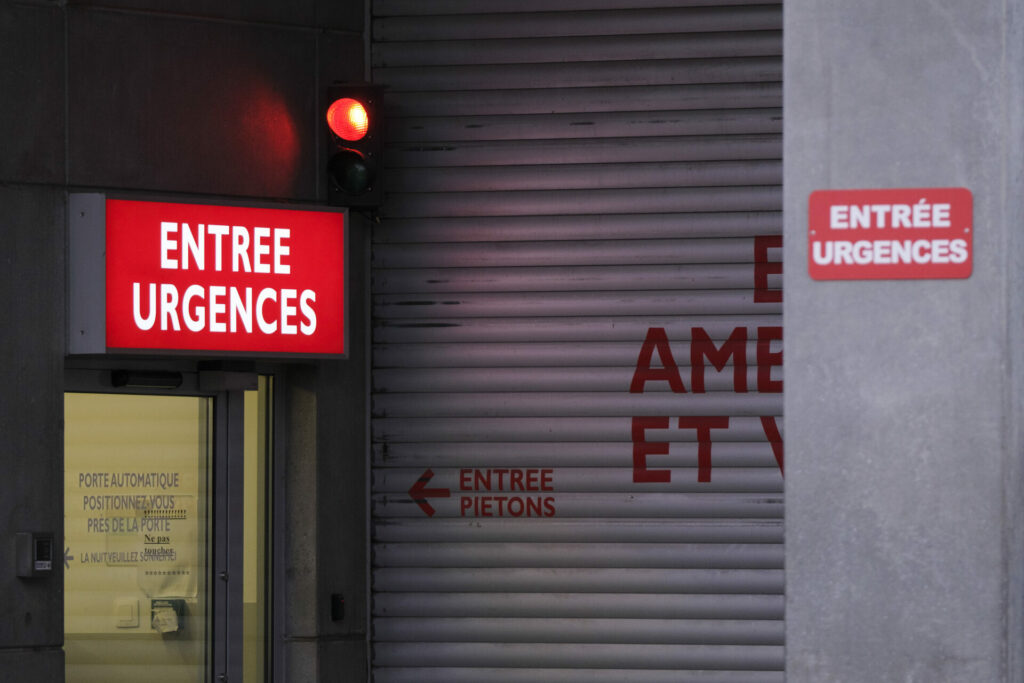Brussels residents have been called to not go to hospital emergency rooms if they are showing symptoms of the many winter viruses currently circulating, as the healthcare system struggles under pressure.
From the flu to the Covid-19 virus and respiratory syncytial virus (RSV), there are plenty of nasty bugs going around, with people coughing and sneezing left, right and centre. Brussels healthcare institutions are urging people to consult a general practitioner or even a pharmacist in case of mild symptoms, and not to rush to the emergency room.
"Although the peak of the flu has probably been reached, Covid-19 and RSV are still circulating and, already under heavy strain for several weeks, Brussels hospitals remain under pressure," the federation of public and private sector health care institutions (GIBBIS) and the Cocom (Joint Community Commission) noted in a press release.
The influx of patients with minor symptoms such as a sore throat, low-grade fever, aches and pains, is unnecessarily overloading hospital services that are already under strain. Adding salt to the wound, 349 out of the 7,230 beds across all hospitals in the region cannot be used due to a lack of personnel.
Act 'responsibly'
In light of these challenges for the healthcare system, the organisations are calling on Brussels residents to act "responsibly" and avoid going to the emergency room in case of "mild symptoms."
"Unless it is an emergency or you are worried about your symptoms, do not go to a hospital emergency room for these symptoms in the first place. These emergency departments are reserved for the most life-threatening emergencies," said Dieter Goemaere, Director of General Hospitals at GIBBIS.
"In order to function properly, they need to be able to focus on the sickest people," he added. People who are not suffering from any other health problem aside from these symptoms should "rest assured that in most cases, the symptoms will disappear after a few days."
"If you are worried call your general practitioner. Your pharmacist is also there to guide you in appropriate ways to relieve your symptoms."
The health organisations added that people showing the symptoms mentioned above should isolate themselves (especially from their most vulnerable family members) until the symptoms are over, consider taking a Covid-19 self-test and protect others by wearing a mask on public transport and in unventilated enclosed spaces when leaving the house.

